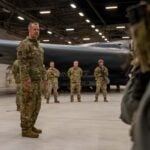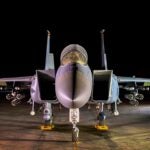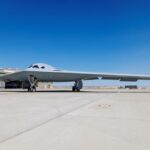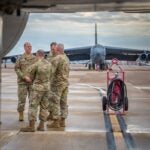
A new RAND study advises U.S. Space Force (USSF) to encourage or require its Guardian officers to have a third skill area to reduce the effects of a limited supply in the service of cyber and intelligence personnel. The Space Force's 2020 capstone document laid out four service warfighting mission areas for space operations personnel--orbital warfare, space electromagnetic warfare, space battle management, and space access and sustainment. In addition, the capstone drew upon the Air Force structure to establish five…













